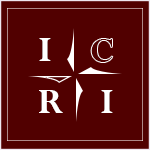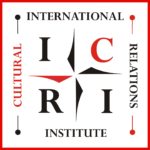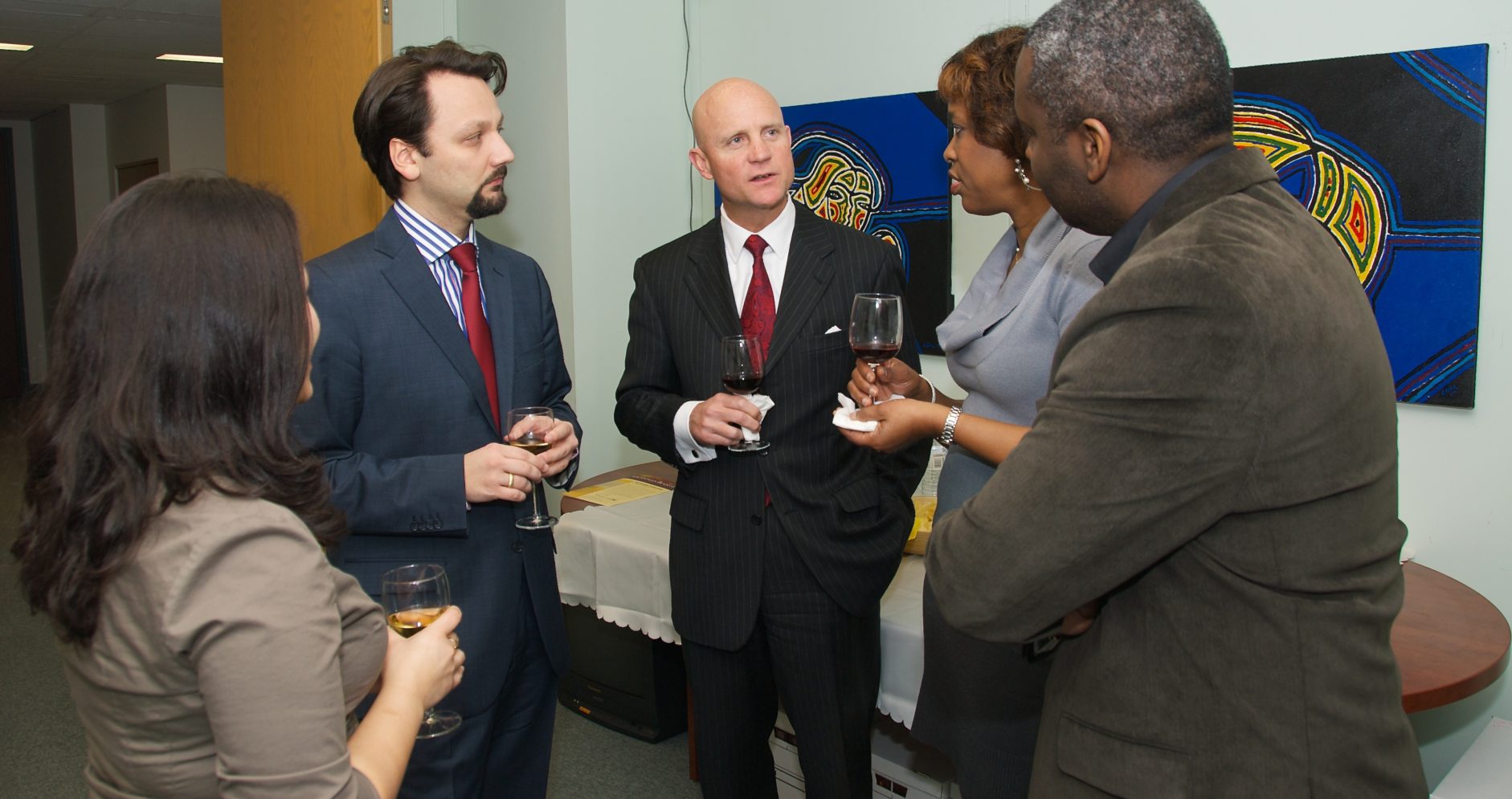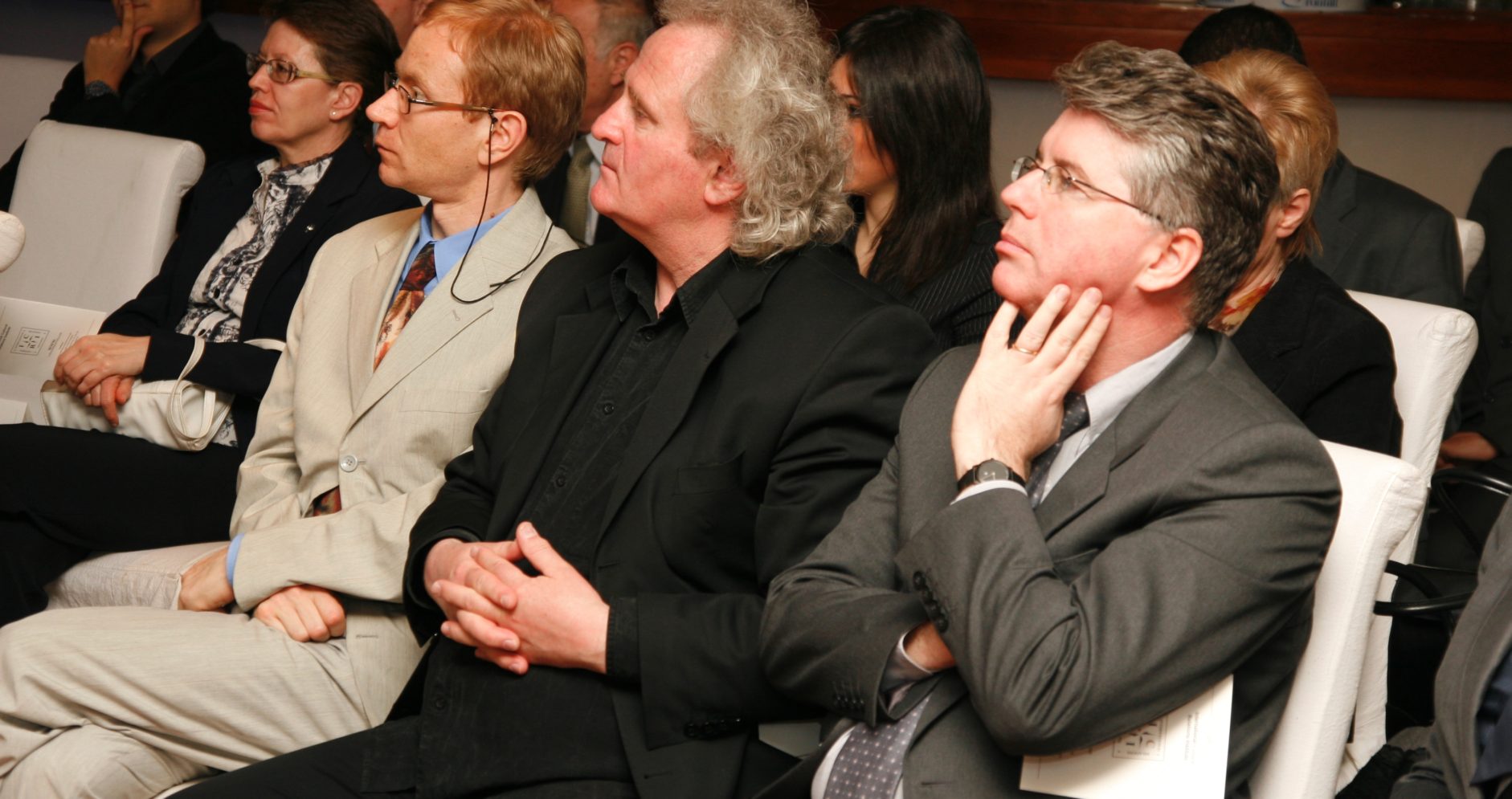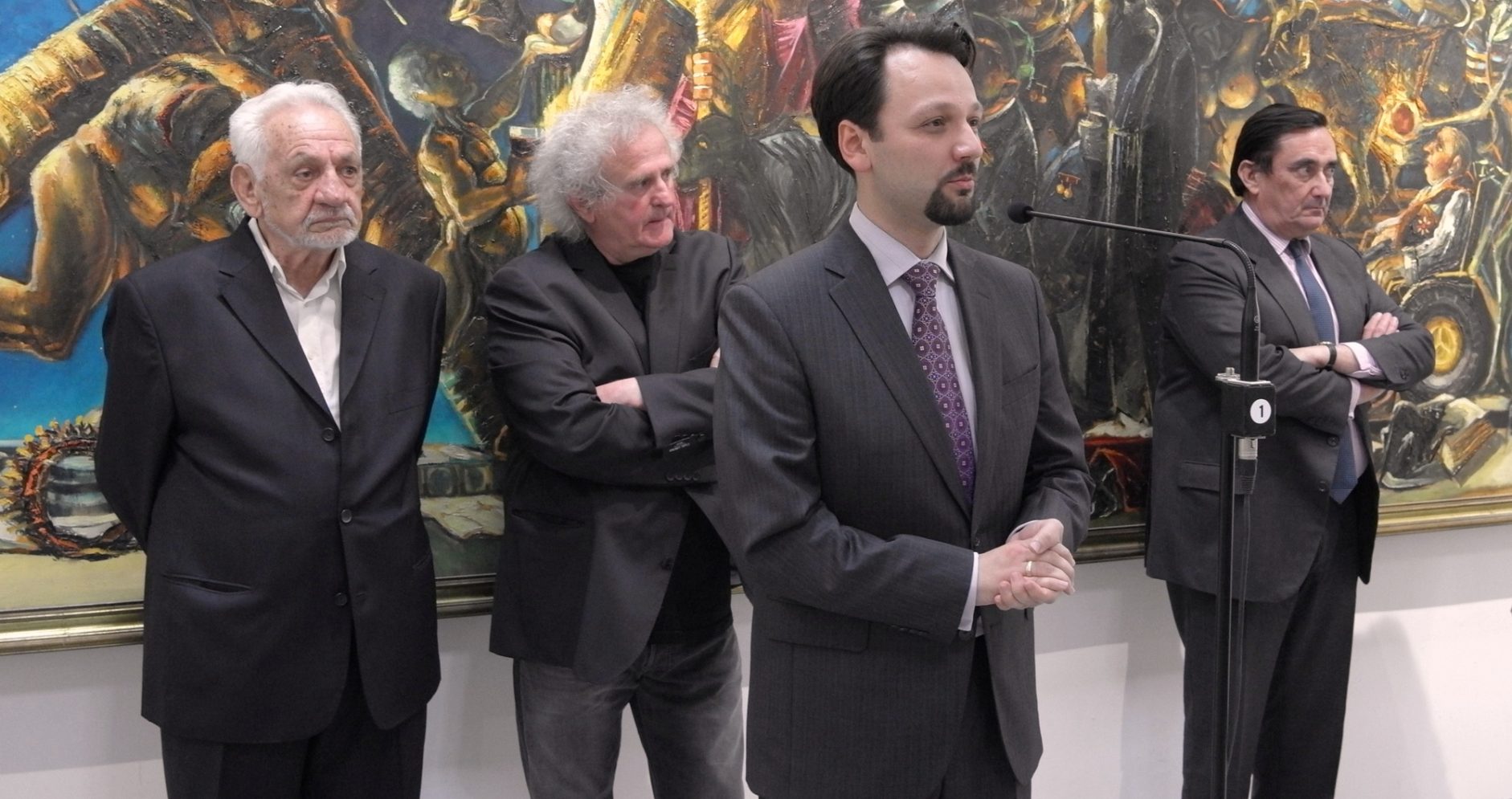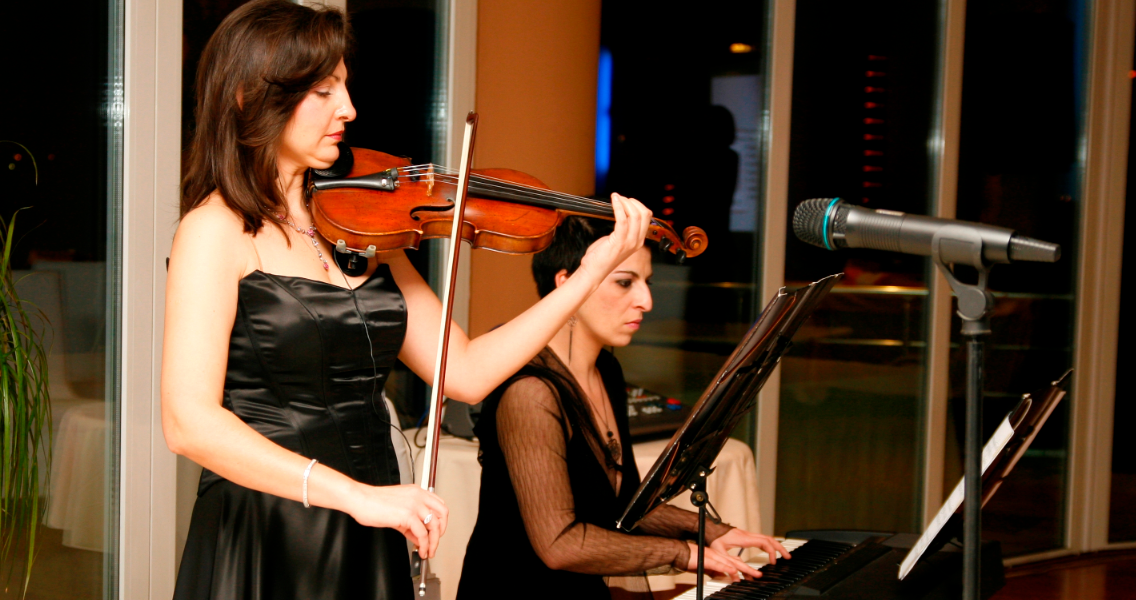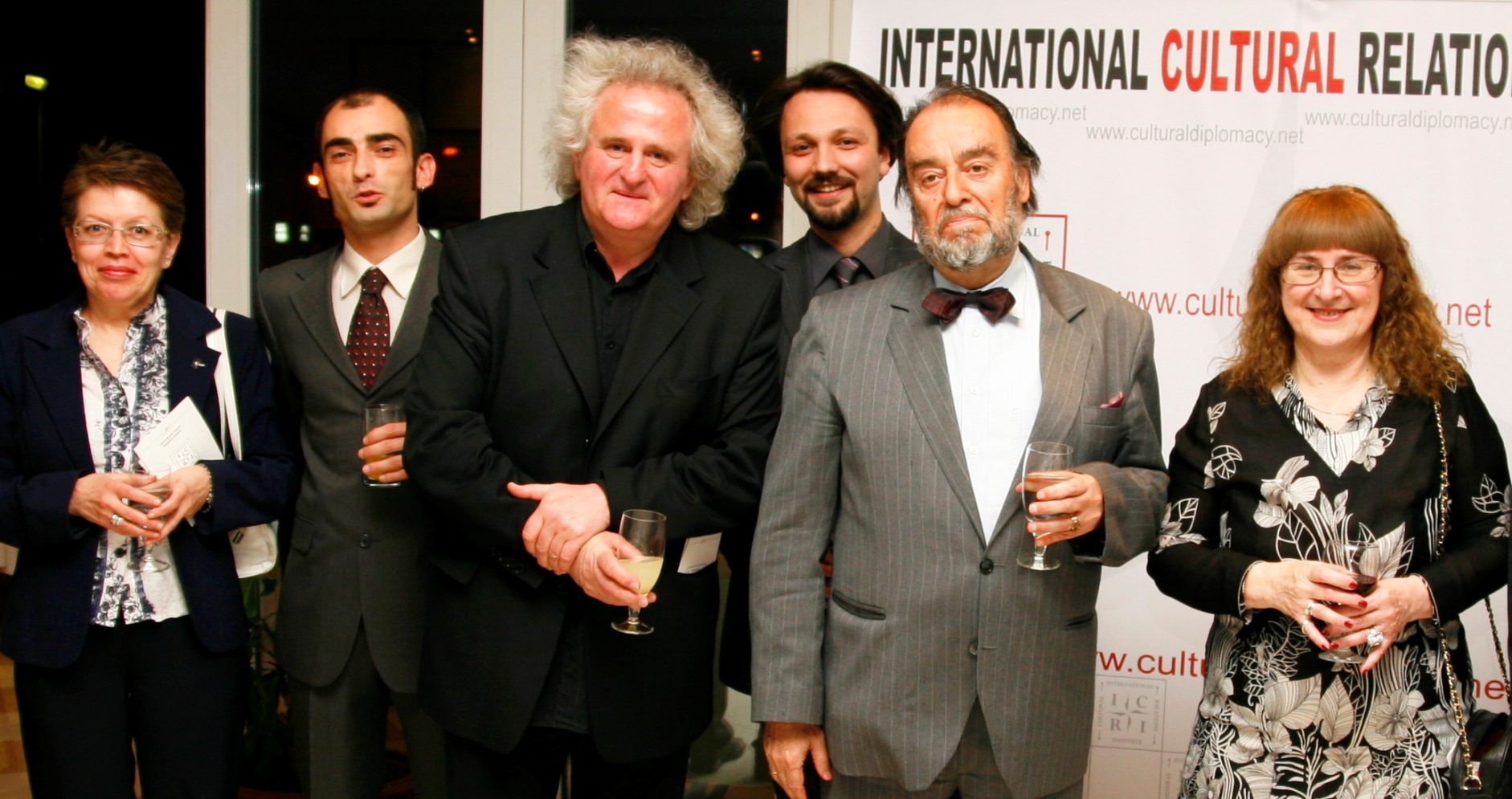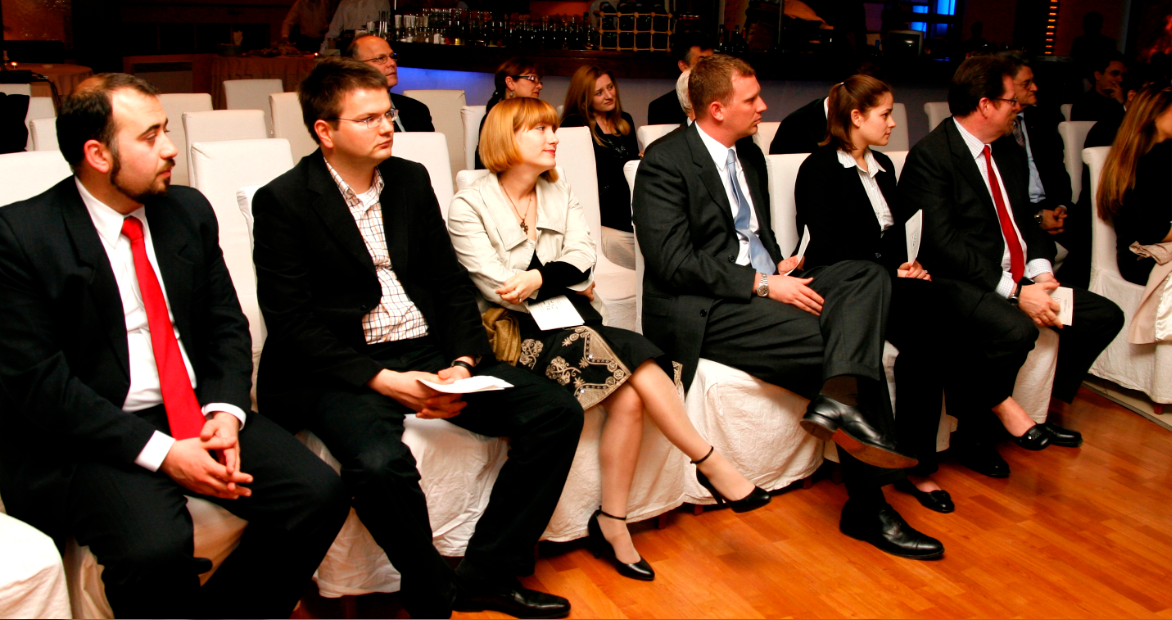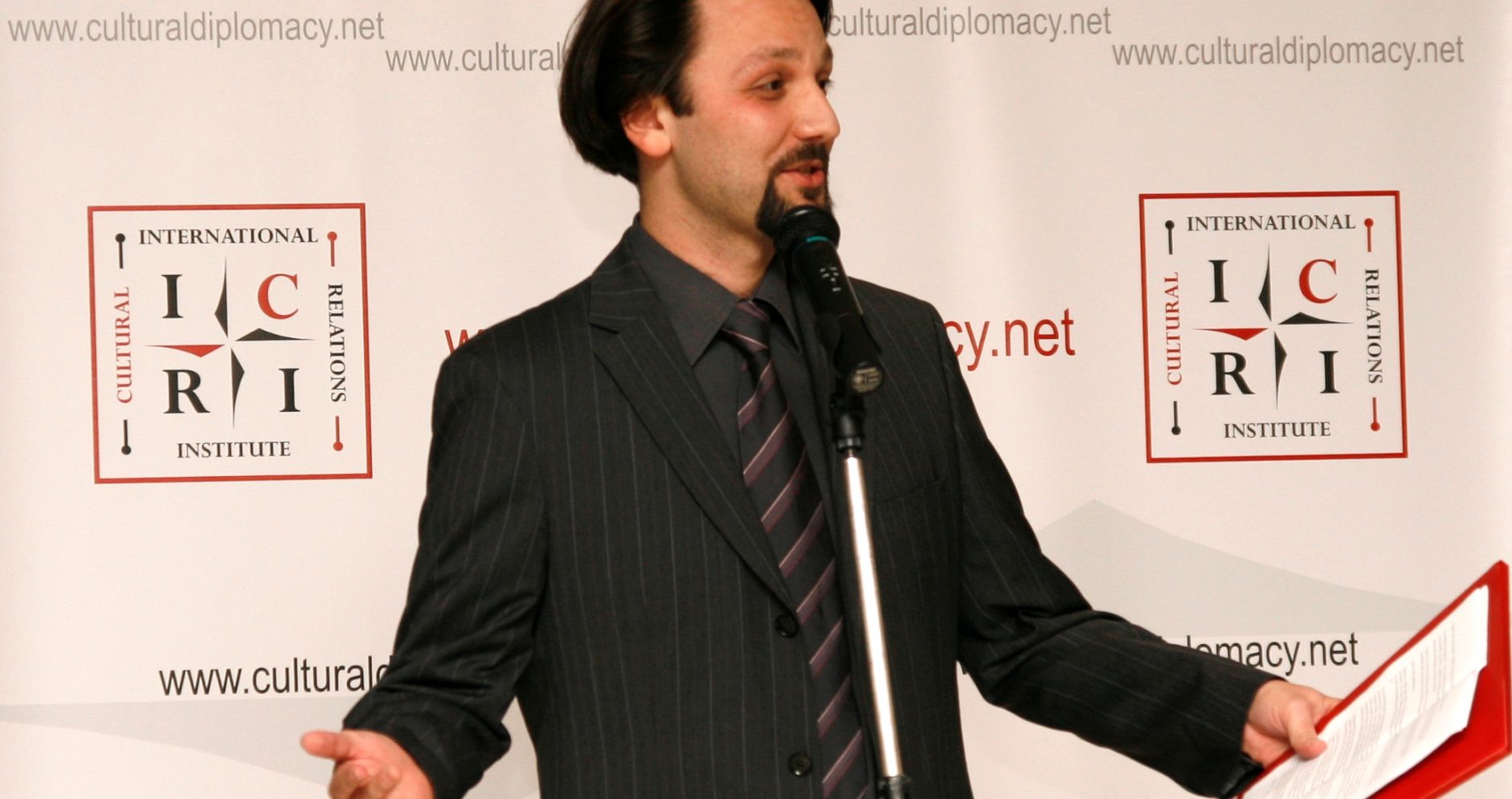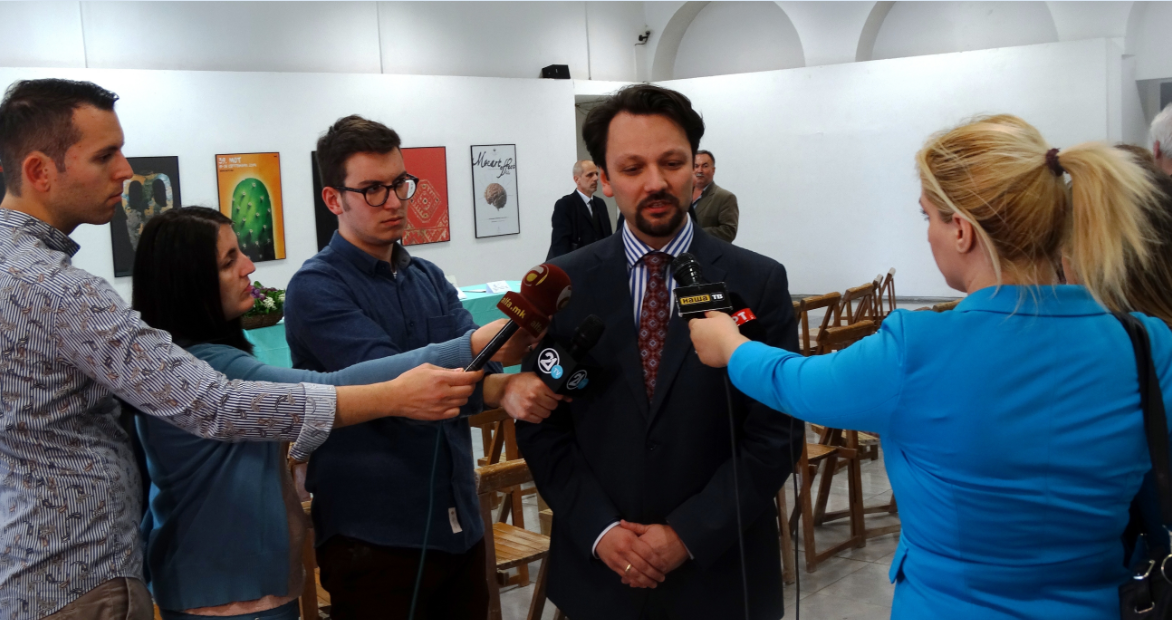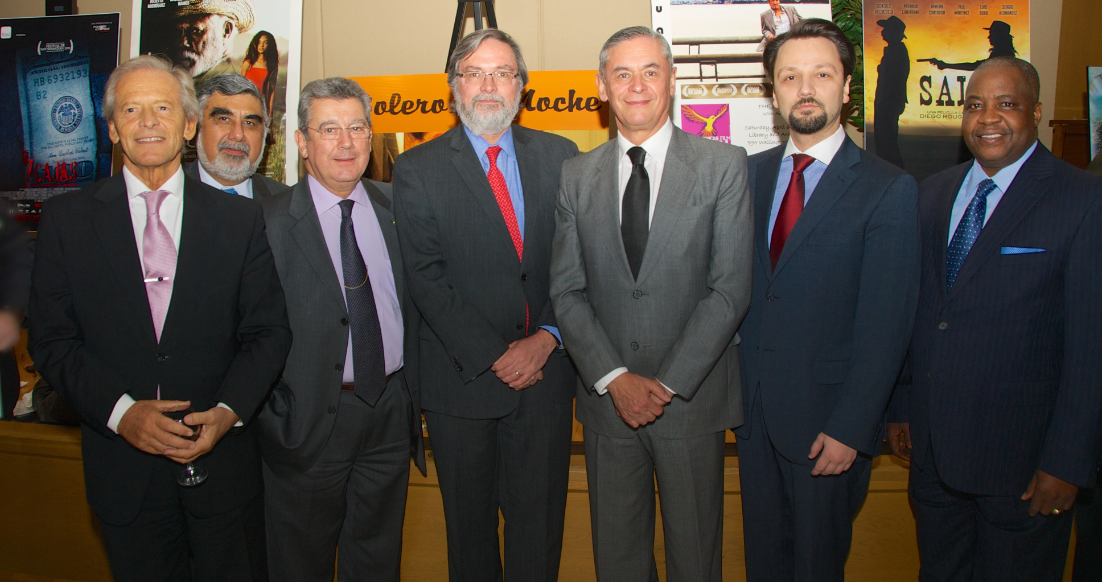History
The International Cultural Relations Institute (ICRI), with its history spanning over two decades, represents the first think-tank in the Balkan region focused on the practical and theoretical promotion of Cultural Diplomacy.
The creation of the International Cultural Relations Institute (ICRI) was inspired by the principles of Culture of Peace, proclaimed in the UN resolutions from 1997 and 1998 and the UN declaration from 1999, and initiated by a group of young representatives on the 30th session of the General Conference of UNESCO in Paris, France.
Under the wider auspices of the Pro-Culture Movement, the Institute and its associates were involved in numerous global, European and regional cultural initiatives and projects that promote new approaches in cultural exchanges, intercultural cooperation, intercultural learning, peace initiatives and conflict resolution.
In the year 2008, separating its structures and priorities from the related Institute of Cultural Heritage and Archaeology (ICHA), the International Cultural Relations Institute (ICRI) gained new additionally focused approach, fuller capacities and quality in its work on the research, education, collaboration and promotions in the fields of cultural diplomacy and the wider field of international cultural cooperation.
Today, International Cultural Relations Institute (ICRI) represents a well established forum for global scholarly debate, professional exchange and introduction of novel initiatives and perspectives worldwide. The Institute connects diplomats, governmental, civic society and business leaders with academics with well established reputation, younger scholars and interested publics in different national contexts and worldwide.
